The fighting between the Sandinista government in Nicaragua and the Contra rebels backed by U.S. money and expertise is the focus of this pro-Sandinista film by Haskell Wexler. On a secret mission to help the U.S. Special Forces train Contra rebels in the jungles of Nicaragua, American soldier Eddie Guerrero begins to question the morality of the task at hand and consider how his actions may influence the fate of a nation.
Related Movies
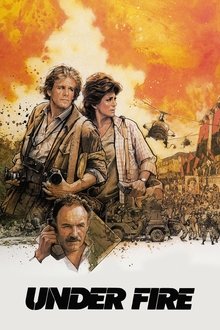
Under Fire (1983)
Three U.S. journalists get too close to one another and their work in 1979 Nicaragua.
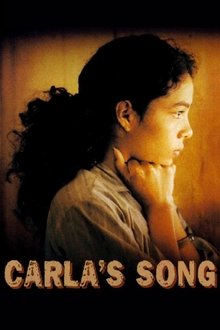
Carla's Song (1996)
A Glasgow man visits war-torn Nicaragua with a refugee tormented by her memories.
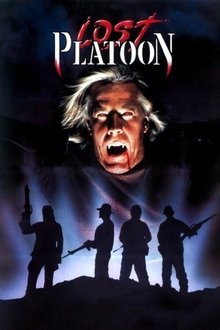
The Lost Platoon (1990)
An American reporter covering a civil war in Nicaragua discovers that four soldiers that he used to know during World War II are there and they are actual vampires fighting their own personal war against an evil Nicaraguan general and his own personal army of vampires terrorizing the country.
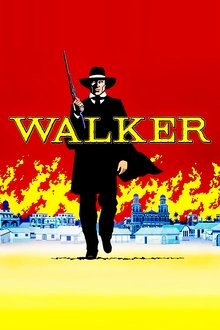
Walker (1987)
William Walker and his mercenary corps enter Nicaragua in the middle of the 19th century in order to install a new government by a coup d'etat.
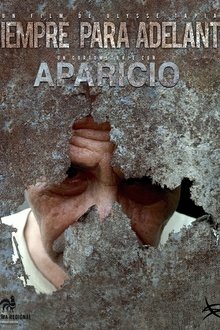
Always Forward (2021)
Plastic artist Aparicio Arthola talks with his student about the catarsis in his creative process, the loss, death and uncertainty of art life in Nicaragua
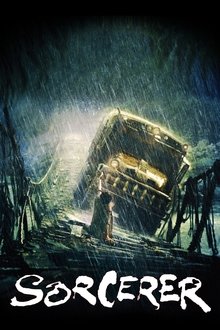
Sorcerer (1977)
Four men from different parts of the globe, all hiding from their pasts in the same remote South American town, agree to risk their lives transporting several cases of dynamite (which is so old that it is dripping unstable nitroglycerin) across dangerous jungle terrain.
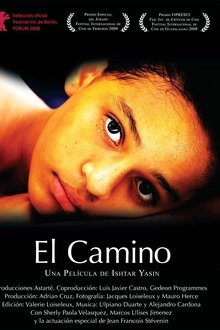
The Path (2007)
Two young Nicaraguan children, Saslaya and her mute brother Dario, must travel to Costa Rica to find their long-lost mother.
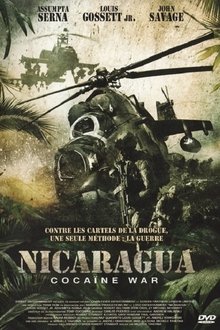
Managua (1996)
When a fellow Vietnam veteran is alleged to have thrown his lot in with the cocaine cartels, special commando Paul Gleason is dispatched to Nicaragua to sort out the mess.
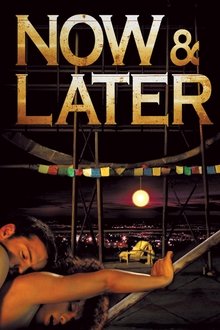
Now & Later (2009)
Sex, politics and American culture are mixed into a combustible combination in Now & Later. Angela is an illegal Latina immigrant living in Los Angeles who stumbles across Bill, a disgraced banker on the run. She takes him in. Through passionate sex, soul-searching conversations ranging from politics to philosophy, and other worldly pleasures, Angela introduces Bill to another worldview. As their affair heats up, the course of Bill's life begins to take an abrupt and unexpected turn.
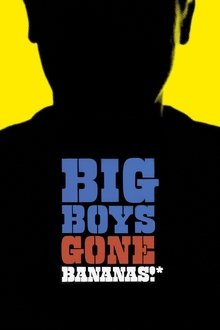
Big Boys Gone Bananas!* (2011)
The conflict between Dole Food Company and Swedish filmmaker Fredrik Gertten unfolds dramatically in the documentary "BIG BOYS GONE BANANAS!" as the corporation attempts to suppress Gertten's earlier film, "BANANAS!"—chronicling Nicaraguan workers' lawsuit against Dole. Initially selected for the 2009 Los Angeles Film Festival, "BANANAS!" was abruptly removed from competition, followed by a negative article in the Los Angeles Business Journal and legal threats from Dole's attorneys. Gertten captures this saga of corporate intimidation, media manipulation, and legal challenges in his documentary, showcasing the struggles documentary filmmakers face and highlighting the threat to freedom of speech posed by powerful corporations protecting their reputations.
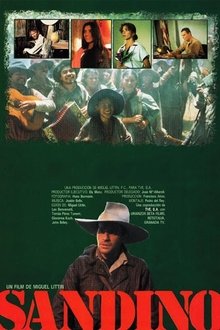
Sandino (1990)
Narrative of a period of life (1926 - 1934) of the Nicaraguan revolutionary leader Sandino, who was known as "The general of free men."
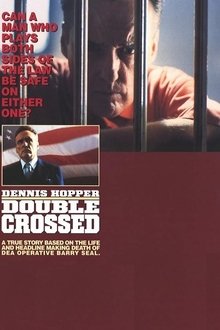
Doublecrossed (1991)
Based on a true story, this made-for-cable film tells about Barry Seal, a pilot who was a drug smuggler for the infamous Medellin cartel out of Colombia. He was caught by the US Drug Enforcement Administration (DEA) and decided to turn over and help the DEA break the cartel. However, he got caught in the middle of the Reagan/Bush administration efforts to topple the Nicaraguan government in the '80s, in which Nicaraguan rebels called "contras" were allowed to smuggle cocaine into the US in exchange for their fighting against the leftist Nicaraguan government. Eventually Seal was murdered by his former Medellin employers, and some critics say it was with the tacit, if not implicit, connivance of the US administration.

After the Earthquake (1979)
This dramatic story follows a young Nicaraguan immigrant, Irene, as she faces the challenges of life in the U.S. and re-evaluates her relationships with her boyfriend and family. "After the Earthquake" explores the immigrant experience, particularly the cultural, political and economic differences between life in North and Latin America.

Broken Hope (2025)
A moment in the life of Jacques and Kathleen, a Haitian couple confronted with the expiration of their Temporary Protected Status. Their story reflects the real fear and uncertainty thousands of families are living through right now.

Stars at Noon (2022)
In present-day Nicaragua, a headstrong American journalist and a mysterious English businessman strike up a romance as they become embroiled in a dangerous labyrinth of lies and conspiracies and are forced to try and escape the country.
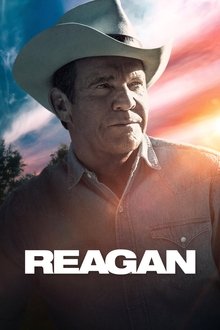
Reagan (2024)
Told through the voice of former KGB agent Viktor Petrovich, whose life becomes inextricably linked with Ronald Reagan's when Reagan first caught the Soviets’ attention as an actor in Hollywood, Reagan overcomes the odds to become the 40th president of the United States.
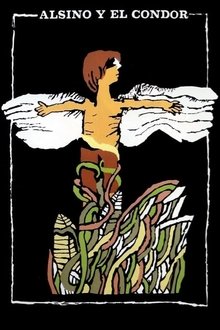
Alsino and the Condor (1982)
Alsino, a boy of 10 or 12, lives with his grandmother in a remote area of Nicaragua. He's engulfed in the war between rebels and government troops when a US advisor orders the army to open a staging area by the boy's hamlet. Alsino tries to be a child, climbing trees with a girl, looking through his grandfather's trunk of mementos and trying to fly; he goes to town to sell a saddle, has his first drink and is taken to a brothel. But the war surrounds him. The US advisor takes Alsino on a chopper flight, but he's unimpressed. The soldiers' cruelties awake rebel sympathies in Alsino, and after an army assault backfires, the lad is fully baptized into the conflict.
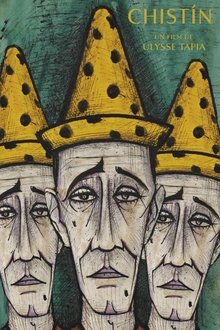
Chistin (2018)
Alan is an anxious and unhappy man. Thanks to his work, his life has become more and more sad and miserable. A visit to the psychiatrist could be the solution to all his problems.
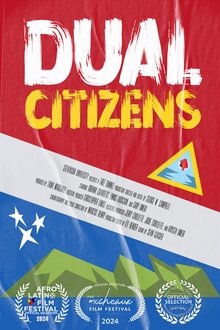
Dual Citizens (2024)
Three Nicaraguan-American artists from the Washington D.C. Metro area discuss growing up in two cultures and how it influences their art.
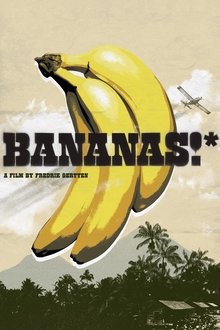
Bananas!* (2009)
Juan “Accidentes” Dominguez is on his biggest case ever. On behalf of twelve Nicaraguan banana workers he is tackling Dole Food in a ground-breaking legal battle for their use of a banned pesticide that was known by the company to cause sterility. Can he beat the giant, or will the corporation get away with it?